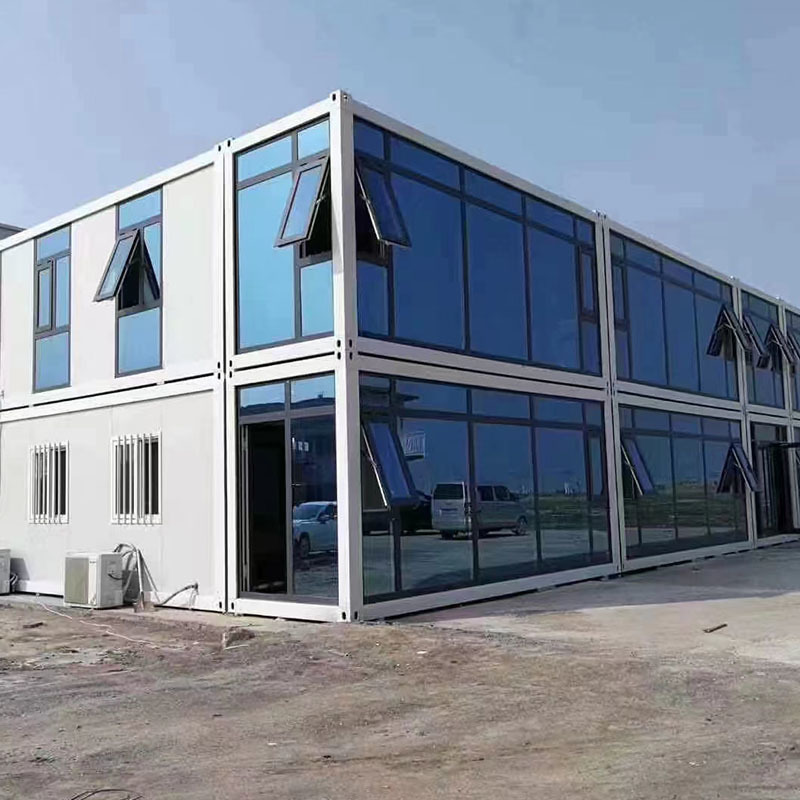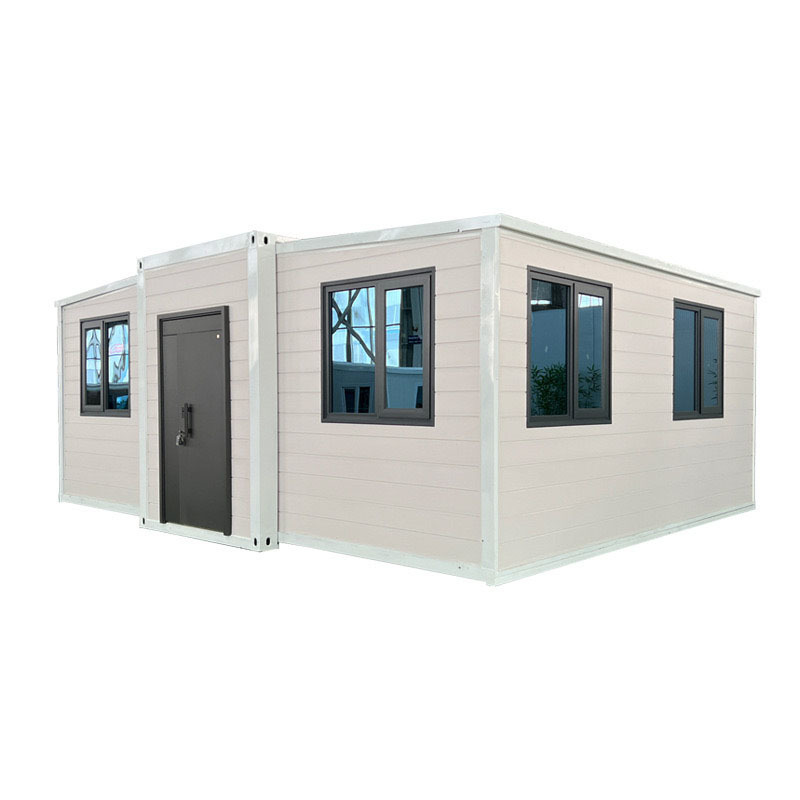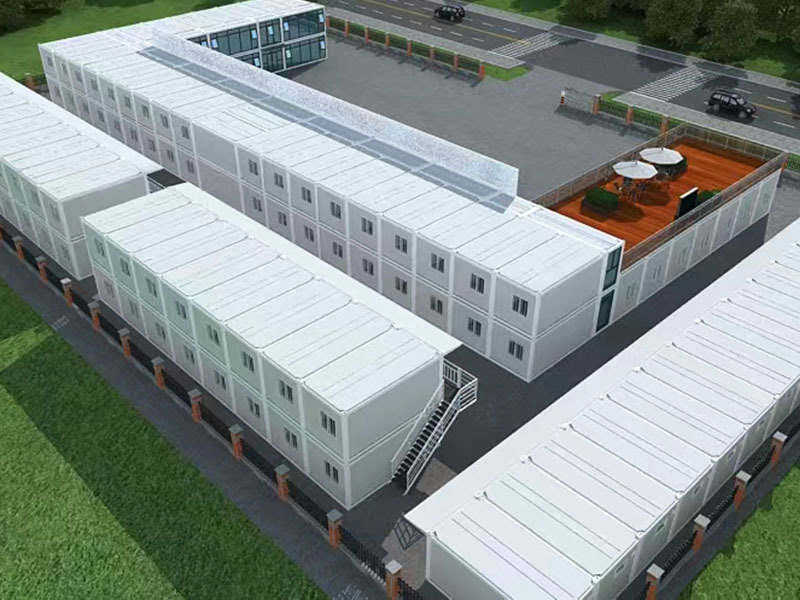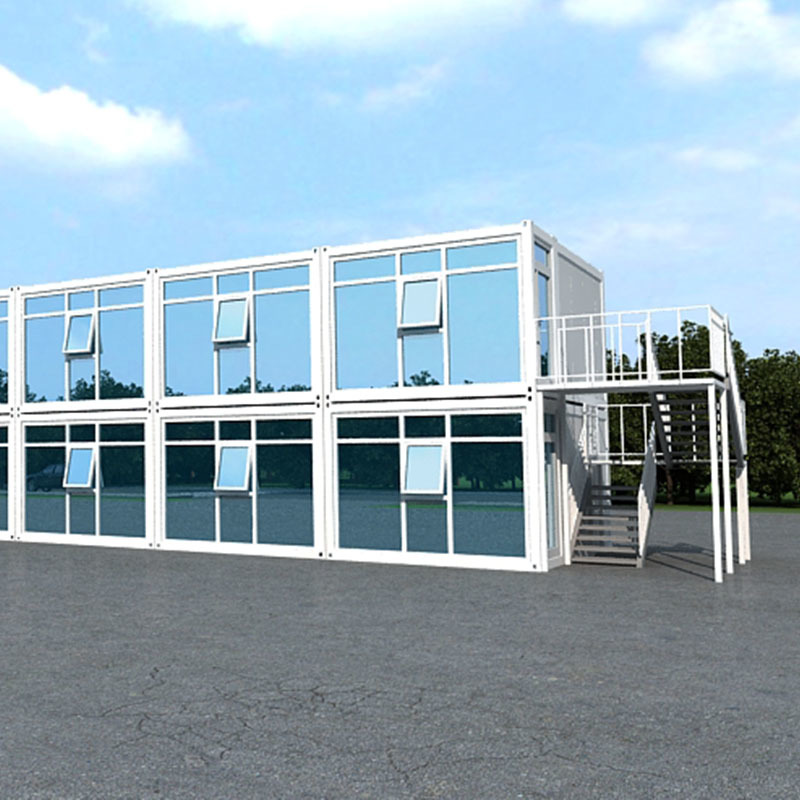Exploring the Future of Modular Building Homes: A Sustainable Solution for Modern Living
Release Time:
Aug 08,2025
In recent years, modular building homes have gained significant traction as an innovative approach to residential construction. These homes are not only a response to the growing need for affordable housing but also align with sustainable building practices. Modular homes are prefabricated structures, meaning they are constructed off-site in a controlled factory environment before being transporte
In recent years, modular building homes have gained significant traction as an innovative approach to residential construction. These homes are not only a response to the growing need for affordable housing but also align with sustainable building practices. Modular homes are prefabricated structures, meaning they are constructed off-site in a controlled factory environment before being transported to their final location for assembly.
One of the primary benefits of modular building homes is their efficiency. The off-site construction of modules allows for a reduction in construction time, as multiple components can be built simultaneously. This streamlined process can significantly cut down on the overall project timeline, enabling homeowners to move into their new residences quicker than traditional building methods would allow. Additionally, the factory setting minimizes weather-related delays, which can be a common issue in conventional construction.
Sustainability is another key aspect of modular homes. These structures often utilize eco-friendly materials and energy-efficient technologies, such as solar panels, efficient insulation, and sustainable plumbing systems. The controlled environment of a factory also means that waste can be better managed, resulting in a lower environmental impact compared to traditional construction methods. By choosing modular building homes, clients can not only reduce their carbon footprint but also benefit from lower energy bills and a healthier living environment.
Moreover, modular homes offer a high level of customization. Clients can choose from a variety of designs, layouts, and finishes to create a space that reflects their personal style and meets their specific needs. This flexibility makes modular building homes an attractive option for a diverse range of buyers, from young professionals to families seeking affordable living solutions.
The construction of modular homes also adheres to strict building codes and standards, ensuring safety and quality. Each module is thoroughly inspected at multiple stages of the production process, providing homeowners with peace of mind that their investment is built to last.
In conclusion, modular building homes represent a forward-thinking solution to contemporary housing challenges. With their efficiency, sustainability, and customization options, these homes stand out in the construction and decorative materials industry. As more people become aware of the advantages associated with modular living, we can expect to see continued growth and acceptance of this innovative approach to home construction. Embracing the modular building trend may well be a significant step toward a more sustainable future in residential living.
One of the primary benefits of modular building homes is their efficiency. The off-site construction of modules allows for a reduction in construction time, as multiple components can be built simultaneously. This streamlined process can significantly cut down on the overall project timeline, enabling homeowners to move into their new residences quicker than traditional building methods would allow. Additionally, the factory setting minimizes weather-related delays, which can be a common issue in conventional construction.
Sustainability is another key aspect of modular homes. These structures often utilize eco-friendly materials and energy-efficient technologies, such as solar panels, efficient insulation, and sustainable plumbing systems. The controlled environment of a factory also means that waste can be better managed, resulting in a lower environmental impact compared to traditional construction methods. By choosing modular building homes, clients can not only reduce their carbon footprint but also benefit from lower energy bills and a healthier living environment.
Moreover, modular homes offer a high level of customization. Clients can choose from a variety of designs, layouts, and finishes to create a space that reflects their personal style and meets their specific needs. This flexibility makes modular building homes an attractive option for a diverse range of buyers, from young professionals to families seeking affordable living solutions.
The construction of modular homes also adheres to strict building codes and standards, ensuring safety and quality. Each module is thoroughly inspected at multiple stages of the production process, providing homeowners with peace of mind that their investment is built to last.
In conclusion, modular building homes represent a forward-thinking solution to contemporary housing challenges. With their efficiency, sustainability, and customization options, these homes stand out in the construction and decorative materials industry. As more people become aware of the advantages associated with modular living, we can expect to see continued growth and acceptance of this innovative approach to home construction. Embracing the modular building trend may well be a significant step toward a more sustainable future in residential living.
Key words:
What Else Might You Learn?











